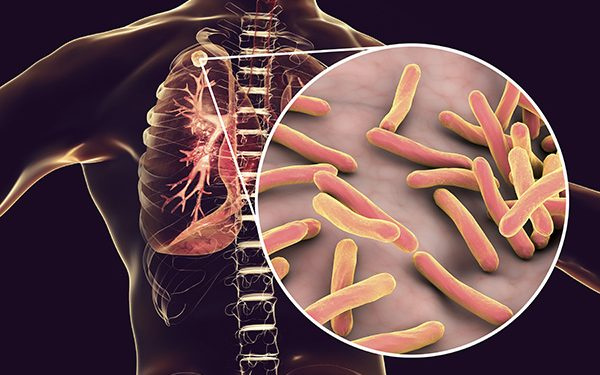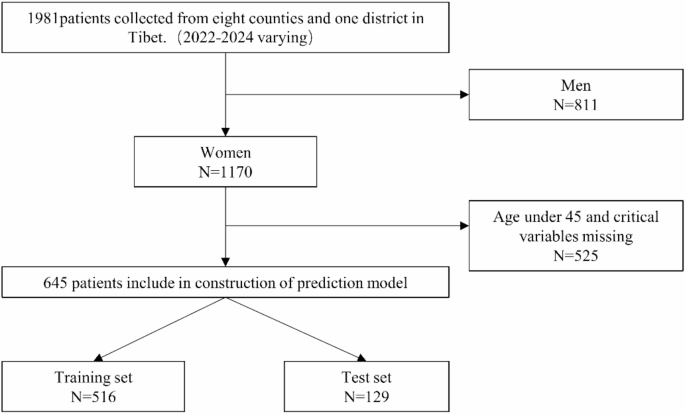Cholesterol-Lowering Drug Combo Shows Promise in Reducing Heart Disease Risk

High cholesterol poses a significant threat to heart health, increasing the risk of heart disease. Cholesterol, a lipid present in the bloodstream, is essential for building healthy cells. However, elevated levels can lead to fatty deposits in blood vessels, raising the risk of heart disease.
Diet plays a crucial role in managing cholesterol levels. Reducing the intake of saturated fats found in foods like cheese, biscuits, cakes, butter, pies, sausages, coconut oil, and fatty meats is essential. Regular exercise, such as taking the stairs, brisk walking, or short bursts of activity, can also help lower cholesterol.
In cases where lifestyle changes are insufficient, medications like statins are often prescribed. Recent research has highlighted the benefits of combining statins with ezetimibe for high-risk patients. A study published in the Mayo Clinic Proceedings journal, analyzing data from over 108,000 patients at high risk of heart attack or stroke, found that the combination of a statin and ezetimibe was more effective than statins alone in reducing 'bad' cholesterol (LDL-C) and mortality.
Statins work by reducing cholesterol production in the liver, while ezetimibe limits cholesterol absorption in the gut. The study revealed that patients receiving both drugs from the outset experienced a 19% reduction in overall risk of death, a 16% reduction in cardiovascular-related deaths, and nearly 20% fewer major cardiovascular events compared to those receiving only high-dose statins.
Cardiovascular disease is a global concern, causing 18 million deaths annually, according to the World Health Organisation (WHO). Prof Maciej Banach, the lead author of the study, suggests that incorporating combination therapy into treatment guidelines could prevent over 330,000 deaths annually among individuals who have already suffered a heart attack.
Combination therapy also significantly reduced LDL-C levels, increasing the likelihood of reaching the ideal target of under 70mg/dL by 85%. Traditionally, doctors have prescribed statins first, then considered additional medication like ezetimibe after a few months. However, the new evidence supports a more proactive approach of initiating both drugs immediately in high-risk patients.
Professor Peter Toth, co-author of the study, emphasizes that combined cholesterol-lowering therapy should be considered right away and become the gold standard for treating very high-risk patients after an acute cardiovascular event. He also suggests that this approach could save healthcare systems money in the long term by preventing the costly consequences of poorly managed cardiovascular diseases.
Researchers hope that this evidence will lead to a shift in treatment guidelines, urging doctors to start both treatments early and together for patients at the highest risk. Toth highlights the importance of the adage 'the lower the better for longer' and 'the earlier the better' in treating patients at high risk of cardiovascular conditions to avoid further medical complications and deaths.











